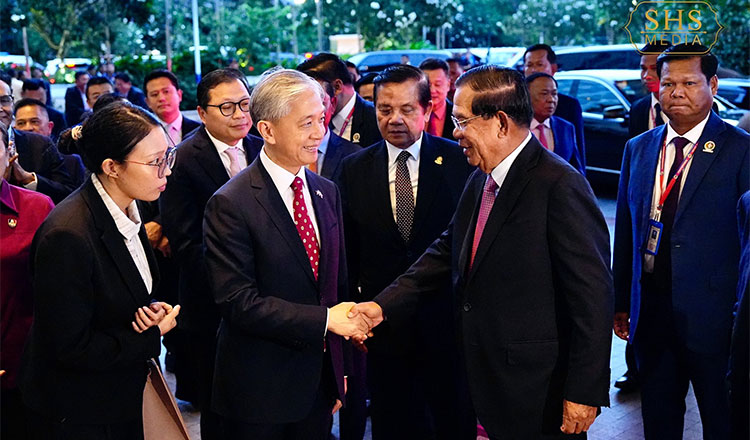The U.S. Senate is signaling a stronger commitment to economic diplomacy through recent actions on trade policy. Lawmakers approved a measure to end tariffs on Brazilian imports, including coffee and beef, while also advancing discussions on a trade deal with South Korea. These steps suggest a focus on global engagement rather than partisan standoffs.
The 52‑48 vote to lift Brazilian tariffs included five Republicans joining Democrats, highlighting rare bipartisan cooperation. Ending tariffs reduces costs for American consumers and businesses. Imported goods like coffee and beef may now become more affordable, benefiting households and companies that rely on global supply chains. Economists note that smoother trade encourages economic growth and strengthens international partnerships.
Meanwhile, progress on a trade agreement with South Korea signals a similar approach. Lawmakers are working to enhance cooperation and reduce barriers, showing that U.S. policy is increasingly prioritizing stable, mutually beneficial economic relationships. These moves indicate that Congress can act decisively when public and business interests align, even in a highly polarized environment.
Experts say these actions reflect a broader strategy of economic diplomacy. By addressing trade barriers and negotiating agreements, the U.S. strengthens global ties and boosts domestic markets. Reduced tariffs and trade deals also send a positive signal to international partners that the U.S. is committed to reliable and predictable economic policies.
Stakeholder groups and advocacy organizations have praised these steps. They emphasize that trade decisions impact workers, consumers, and businesses alike. Removing tariffs helps lower costs, while trade agreements can expand opportunities for American companies abroad. Bipartisan support in the Senate demonstrates that practical economic solutions can transcend party lines when the focus is on public and economic benefit.
These developments come at a critical time. Global markets face uncertainty, and consistent, fair trade policies help stabilize prices and supply chains. The Senate’s actions also illustrate that economic priorities can drive cooperation, encouraging policymakers to pursue reforms that benefit both U.S. citizens and international partners.
In addition to economic gains, these policies may enhance diplomatic relations. Trade is often a key tool in fostering stronger bilateral and multilateral ties. By reducing trade barriers and finalizing agreements, the U.S. signals that it values partnership, stability, and collaboration on a global scale.
In summary, recent Senate decisions on tariffs and the Korea trade deal show an increased focus on economic diplomacy and global engagement. Bipartisan support, cost reductions for consumers, and strengthened international partnerships underscore the potential for trade policy to unite lawmakers and benefit the broader economy. These measures reflect a pragmatic approach, prioritizing practical outcomes over partisan conflict while advancing U.S. interests on the world stage.


